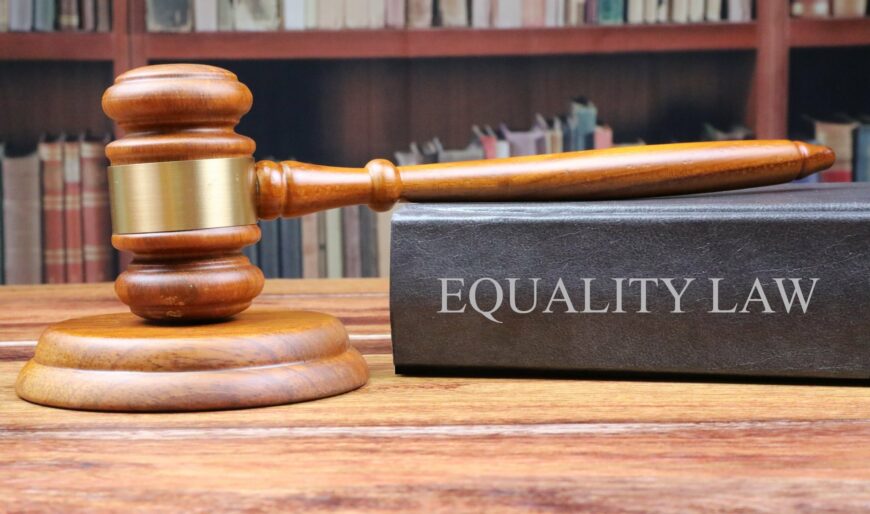David Renton
David Renton is a Barrister at Garden Court Chambers specialises in housing, discrimination and employment law. He acts for vulnerable... Read more »
Franck Magennis
Franck Magennis is a Barrister at Garden Court Chambers who practises in public, civil and criminal defence. His work centres... Read more »












Minimum Prospects: the Government’s latest attack on Workers’ Rights